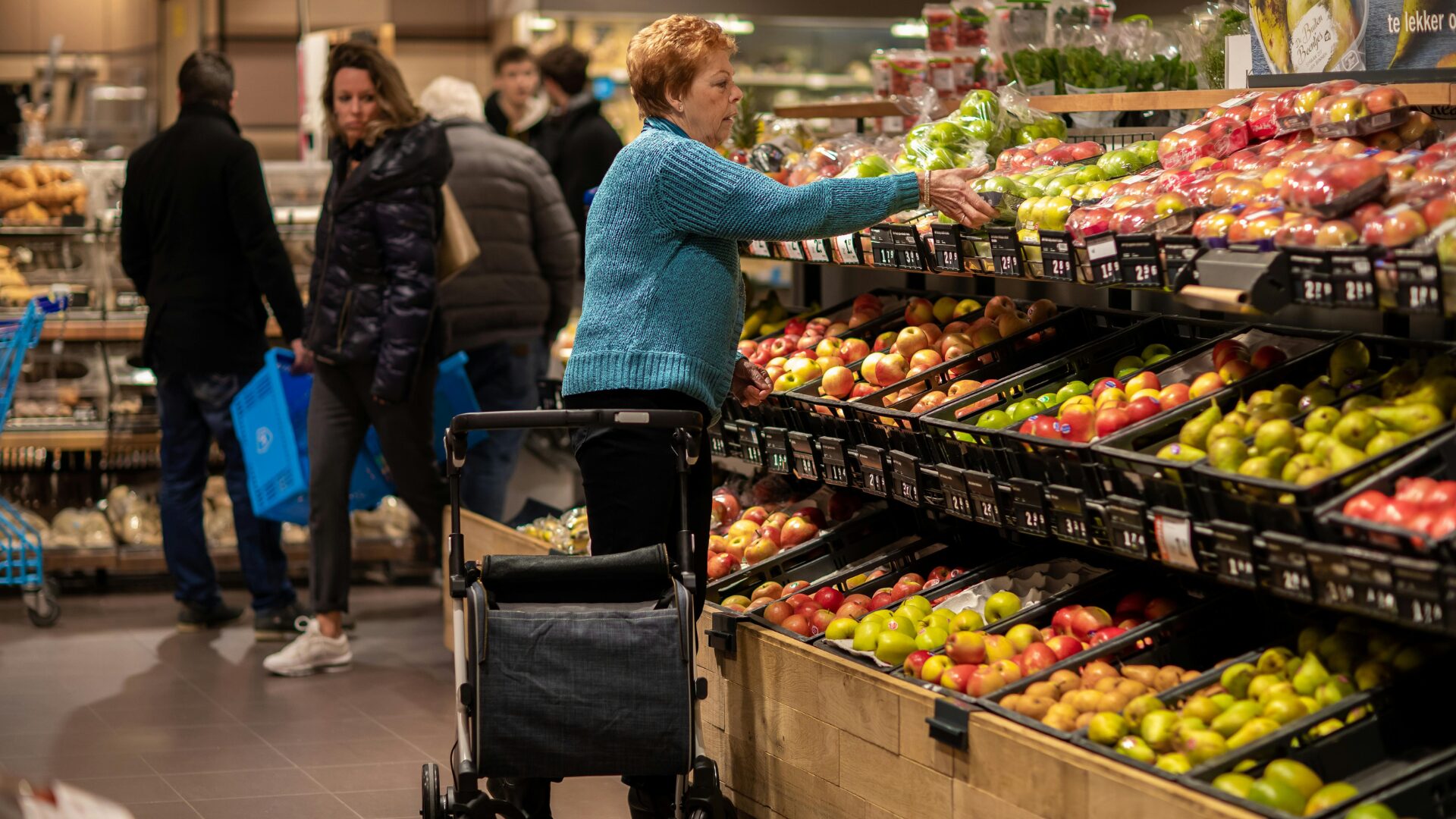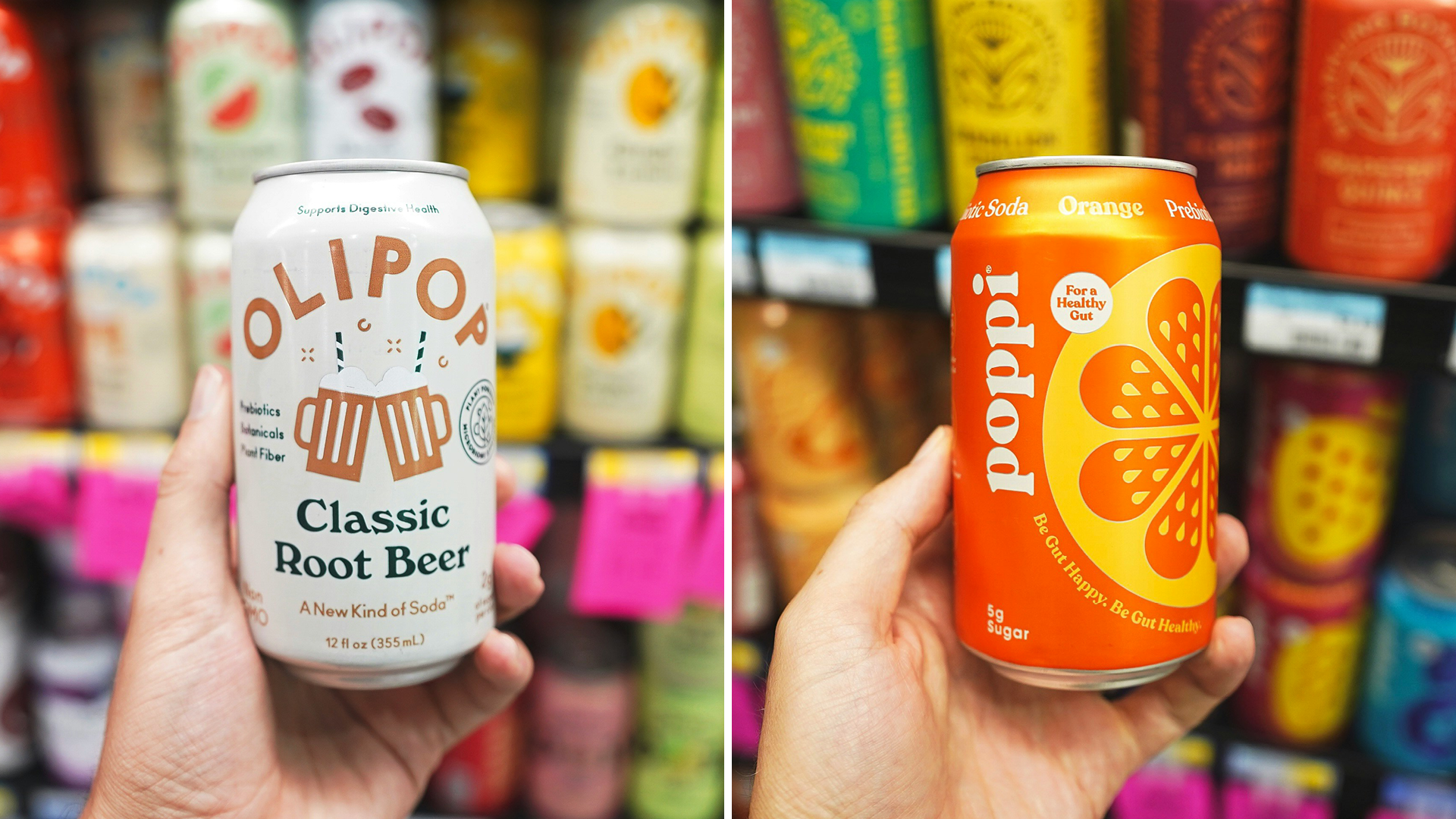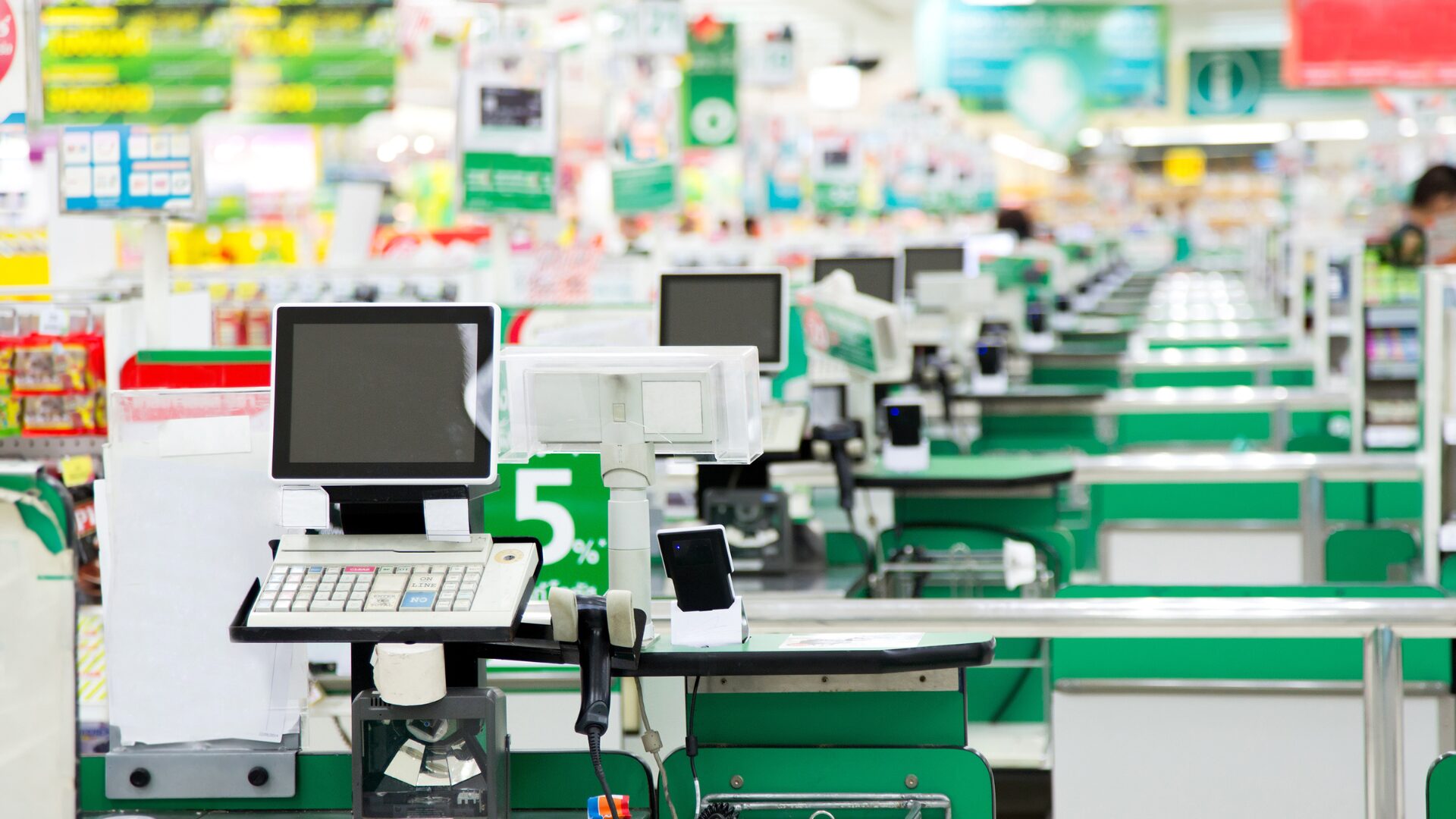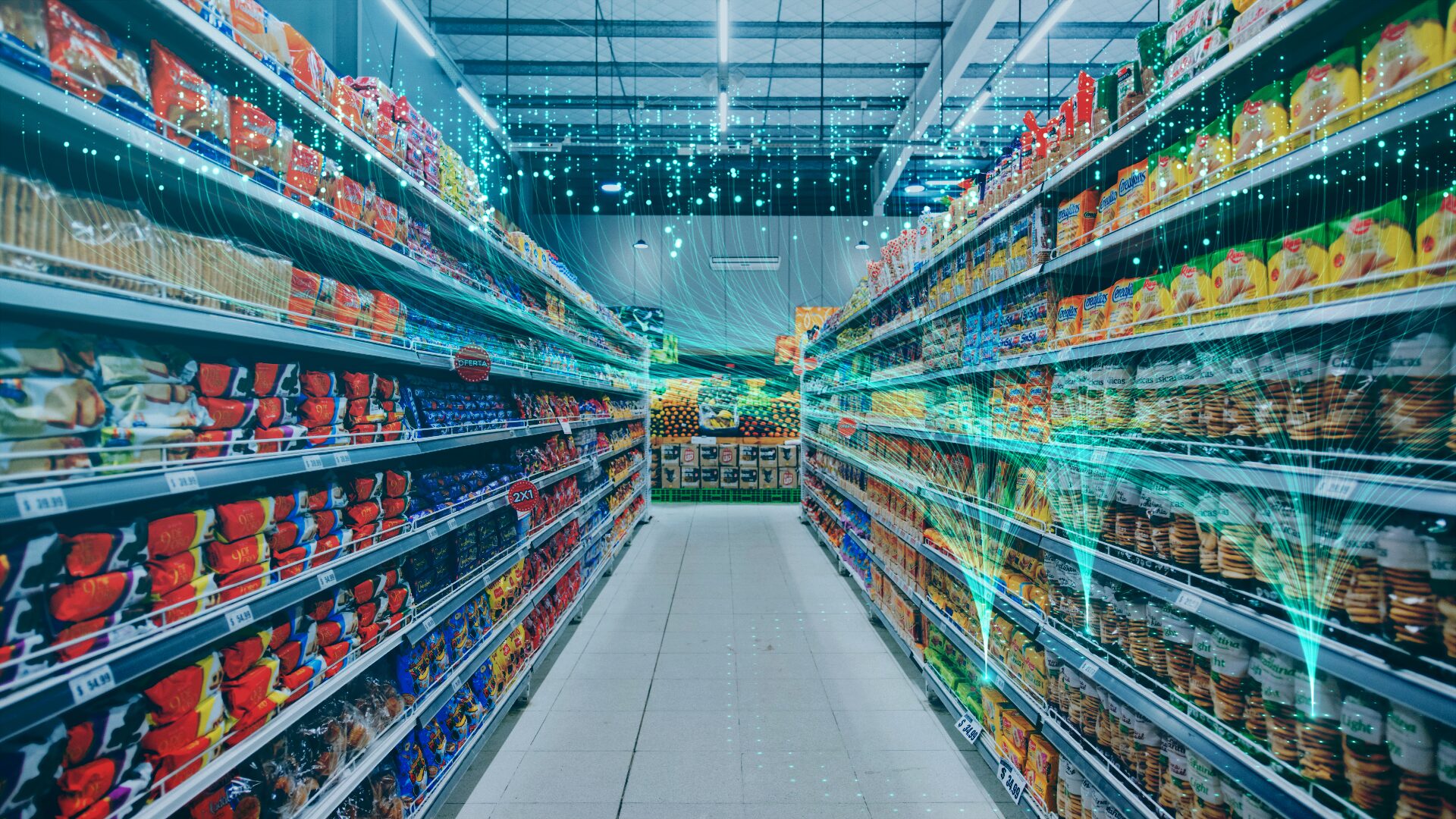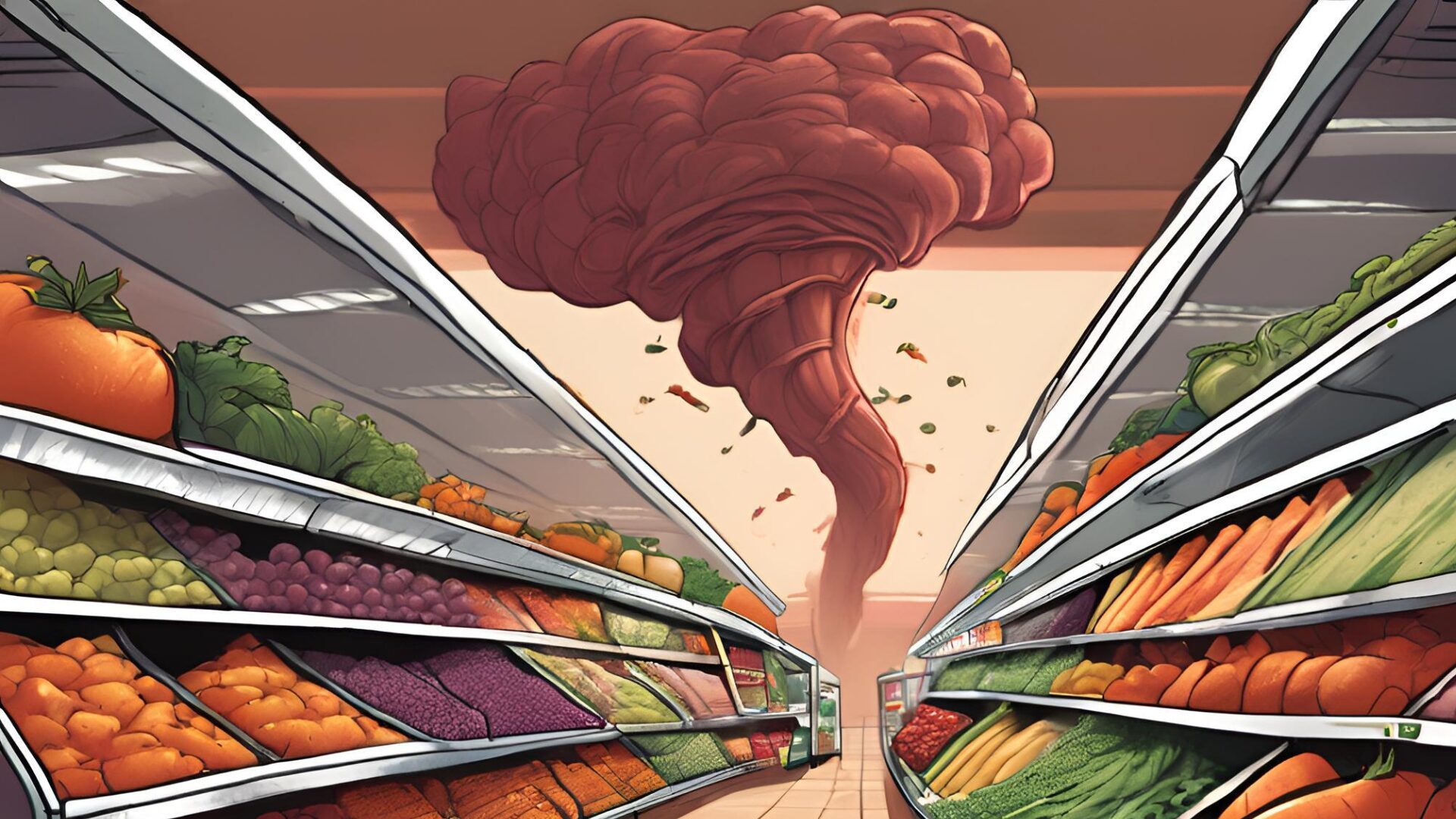To date, eight states-California, Connecticut, Delaware, Hawaii, Maine, New York, Oregon, and Ver-mont-have banned the use of plastic bags. Though they may have prohibited plastic bags in the name of sustainability, some states like Maine recently delayed its ban due to the risk that reusable bags pose in spreading the coronavirus (see “Rollback on Eco-Friendly Initiatives Amid Coronavirus”).
“By being environmentally friendly and thinking that you’re going green with a reusable grocery bag, you actually are increasing the chance of bringing your home bacteria into the store or bringing bacteria that was in the store back to your home,” said Ryan G. Sinclair, PhD, MPH, an assistant professor in the Center for Community Resilience at the Loma Linda University School of Public Health in California, in an interview on the university’s website.
Sustainability Still Sells
Once the health crisis subsides, McKinsey & Co. indicated there is opportunity for packaging converters-or those who find alternate solutions to existing packaging-to partner with customers (food producers and others) in a world more welcoming to sustainable packaging and practices.
In its Feb. 2020 report, The Drive Toward Sustainability in Packaging-Beyond the Quick Wins, McKinsey stated, “For packaging converters with the right focus and innovation capabilities, the new landscape could offer significant growth and new partnership opportunities to support customers in revising their packaging portfolios. Going forward, converters will have to proactively embrace sustainability issues as consumer demands and regulatory requirements multiply.”
Marta Guron, PhD, a professor of chemistry at Villanova University in Pennsylvania, believes during “ordinary” times, a ban on plastic bags can help retailers. They could sell reusable bags and they don’t have to pay the ongoing cost of purchasing bags as consumers would bring their own.
“Once consumers become used to this, it becomes a nonissue,” she said. “There’s also the idea of using reusable packaging, which could actually create business opportunities for people.”
Raising Doubt
According to an article in The Guardian, (March 27) some are accusing “big plastic,” or those who stand to benefit from continued production of plastic bag production, as using COVID-19 to discourage any bans.
Furthermore, Chris DeArmitt, PhD, FRSC, CChem, president of Phantom Plastics in Cincinnati, OH, pointed out a new view contrary to commonly held beliefs that a plastic ban is downright hazardous to the environment. He mentioned that analysis of the ingredients used to create plastic bags and a deeper dive into such components should be conducted to verify if a plastic bag ban would actually accomplish what it intends.
“The first point to make is that plastic bags are banned in an attempt to protect the environment,” he said. “The only way to know what is green and what is not is to do a lifecycle analysis (LCA) to factor in the materials, energy, chemicals, pollution, and so on used by the material in its production and use. About 10 LCA studies have been conducted around the world on grocery bags and in every single case, plastic bags come out as clearly greener than paper, cotton, or any other alternative.”
Economic Impacts?
Dr. Guron does not believe a plastics bag ban would have adverse economic impacts for businesses that lean into the change once the COVID-19 threat has been abated.
“It’s important to get government support to provide the education and the alternatives to the businesses to present a united front to consumers,” she noted. “Businesses who choose to make this more of a problem or governments that don’t provide enough assistance or infrastructure will exacerbate the economic impact.”
For instance, Dr. Guron indicated government should consider smaller stores or vendors in markets because in some countries, these bans have led to a black market on plastic bags. “While that seems extreme, the government did not provide ample funds for the upfront costs of switching to the new system in those cases,” she noted.
“As such the businesses that could not afford it struggled to stay afloat,” she added. “As in most cases large companies will not have too much of a difficulty adjusting to this. We just need to look out for the local and small retailers and provide enough support for them.
“Keep in mind that less than 100 years ago plastics were not available as they are now and people still found a way to package items,” Dr. Guron continued. “It may be a good time to learn from history and go back to some of those practices as well.”
By Jim Romeo, freelance writer for business and technology topics. Reach him at freelancewriting@yahoo.com.


